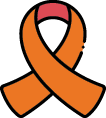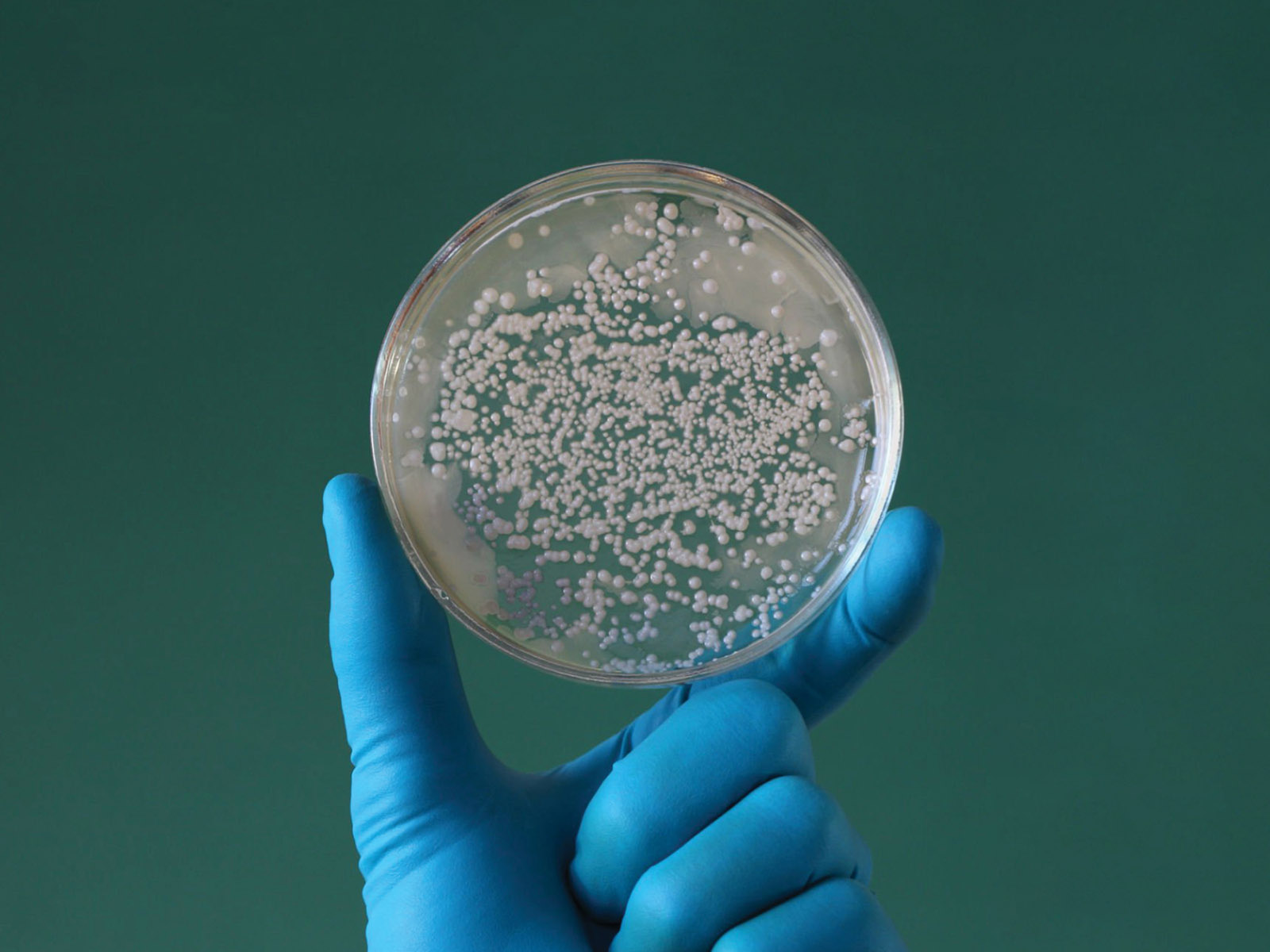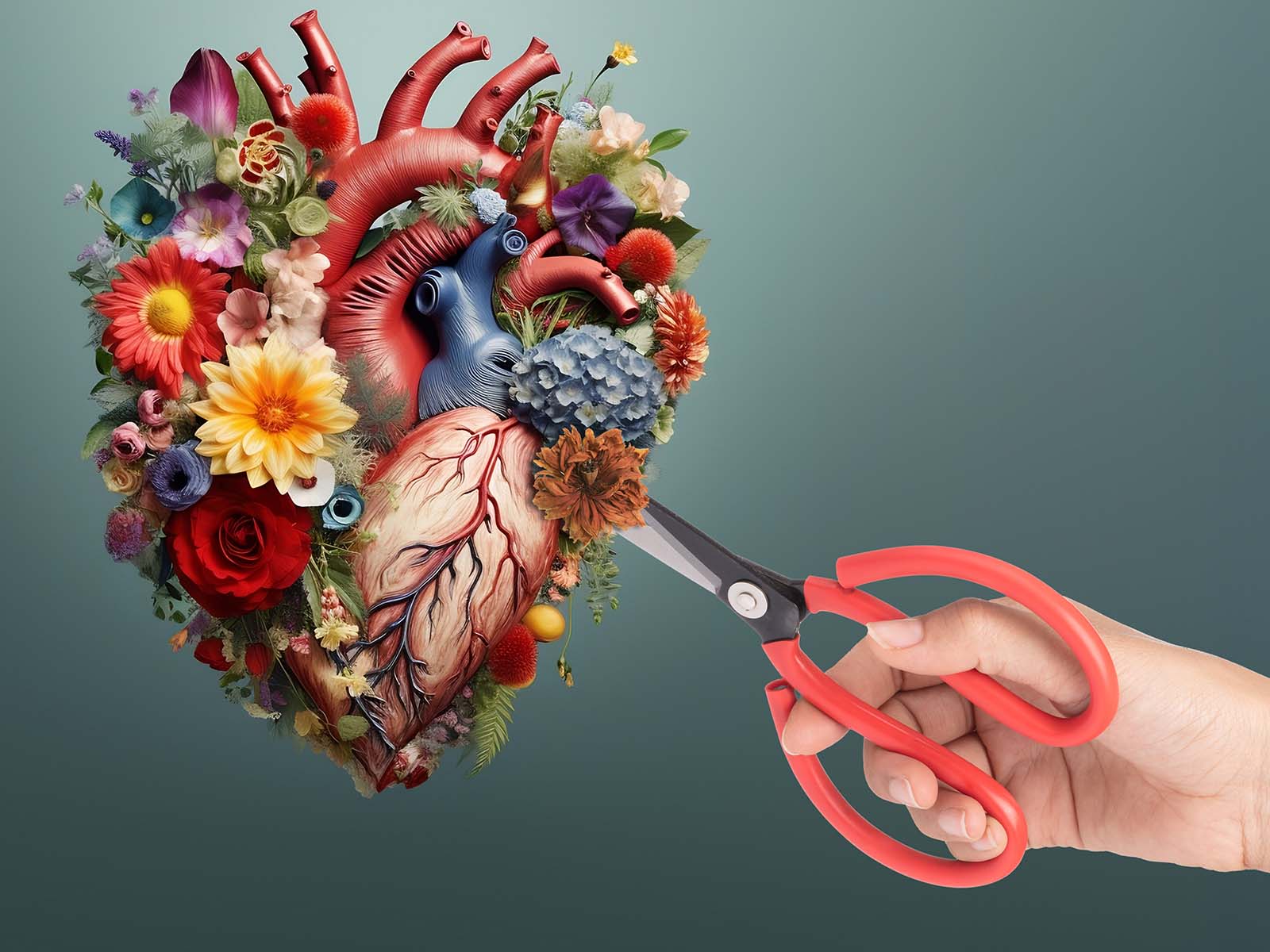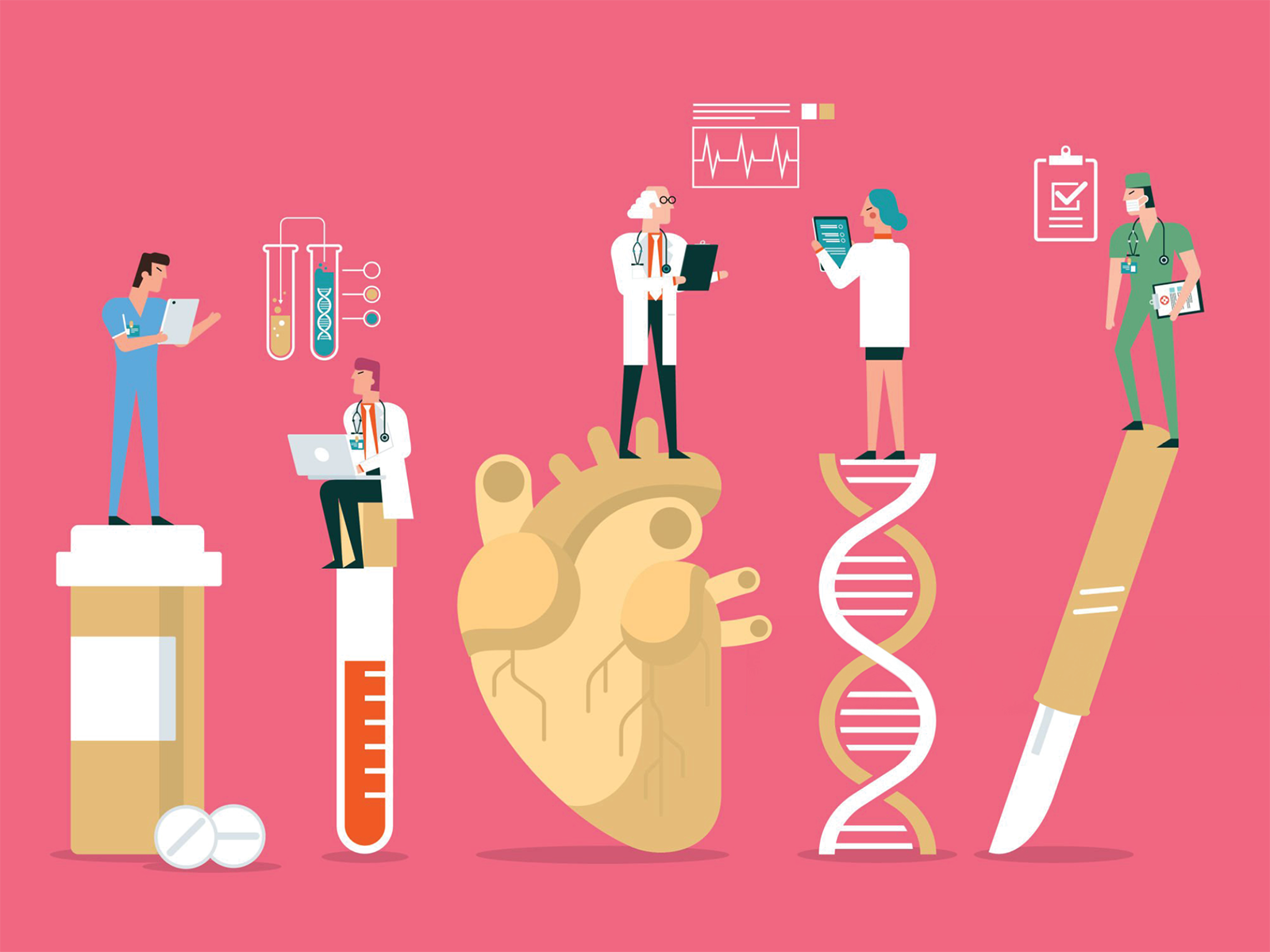
Issue 48
Nov 2023
INSIGHTS
By Faye Ng Yu Ci, fifth year student at the Yong Loo Lin School of Medicine, National University of Singapore (NUS Medicine)

As a medical student on my clinical rotations, the usual patient demographic I’m used to seeing in the wards for cancer-related cases are in their 70s and 80s, with some others in their late 50s and 60s.
However, that stereotypical profile of oncology patients might just become younger, according to data from the Institute for Health Metrics and Evaluation at the University of Washington School of Medicine.

22%
between 1990 and 2019
According to an analysis by the Financial Times, cancer rates in the G20 group of industrialised nations have increased faster for 25- to 29-year-olds than any other age group in the past three decades. These rates jumped by a staggering 22% between 1990 and 2019.
In other words, rates of malignancy in millennials in these countries are now at their highest level in 30 years. On the other hand, the incidence of cancer in those over 75 has declined from its peak in 2005.
Researchers have no definitive answers explaining why young people in the prime of life seem to be more susceptible to disease than those of previous generations, but suspect it might have to do with nutrition and lifestyle changes that took hold in the middle of the last century.
Some have postulated that modern diets and the increasing consumption of saturated fat, oil and sugar, along with more sedentary lifestyles, disordered sleep patterns and nocturnal light exposure, may all have had a part to play in the pathogenesis of the disease.
These changes interact in complex ways with each other, and in turn, have wide-ranging effects on our gut microbiome composition, circadian rhythm, and metabolism.
Meanwhile, there is concern over whether the rise in cancer cases over the past few decades in the younger population represents only the tip of the epidemiological iceberg for other health conditions.
As a young person graduating to join the medical profession, the article gave me pause to reflect. As a doctor-in-training, I felt pained and aghast for my future patients. As a millennial, I felt vulnerable.
From my Family Medicine posting as well as news reports and information from health authorities, I knew that chronic diseases such as diabetes and hypertension were on the rise in the younger generation.
But cancer? It seemed like something far away and foreign to people my age.
Being young makes it easy to feel invincible.
Many of us function on a cocktail of caffeine excess and adrenaline high, carrying a mountain of sleep debt on our tense and overloaded shoulders.
In university, students often have a habit of eating fast food for convenience and hanging out over midnight suppers with friends—with co-curricular activities, practices and committee meetings in school ending late.
During the finals season, undergraduates pack into the library, studying late into the night, coffee tumblers beside them.
Even after starting work, our propensity to push our bodies beyond their limits continues.
The long hours and late nights from school carry over into the workplace—this time, with the added pressure of actual stakes and real responsibilities.
Whatever industry and work one is engaged in, young people generally feel a need to prove themselves early in their careers.
When your body feeds on excess reserve, you just feel like you have so much to go on. Yet how long does it take before we start running on empty?
Ask any young person and they’ll expound on how they’re constantly squeezed for time—there’s always more things to do, friends to hang out with, and milestones to reach.
It is such a cliched notion to “make the most” of youth, until it hits you with startling clarity how much youth has passed you by.
The story is always the same: Everything works, until it doesn’t. There is nothing else that throws life into sharp relief as poignantly as sickness and mortality.”
Nowadays when I am in MRT trains or buses looking at secondary and junior college students jabbering away in school uniforms, I contemplate how much time has elapsed since my “formative” schooling days—was that really just five to 10 years ago? Since then, how have I grown and changed?
Your 20s and 30s are a time when you supposedly flourish, the prime years of your life.
Yet paradoxically, being young, we rely on the illusion that time is always on our side; rest can wait, sleep can wait, self-care can wait. Sometimes, even our families and loved ones take the back seat, as we make a mental note to “make it up to them” in the future, thinking we’ll have more time to spare.
Yet perhaps it is that earnestness and fervent insistence to live a full life, enthusiasm flaring and ambition radiant, that defines being young and wilful.
Nevertheless, the lifestyle choices we live by and everyday habits we cultivate in our youth do have consequences for the future.
If health is our most precious asset, why do we not seem to value it? Our daily acts of waking, commuting, and interacting with the world around us are things that we often take for granted.
The story is always the same: Everything works, until it doesn’t. There is nothing else that throws life into sharp relief as poignantly as sickness and mortality.

Whatever one’s industry, youths generally feel a need to prove themselves early in their careers. Yet how long does it take before we start running on empty?
From multiple heart-to-heart conversations with young people from work and school, I realise that most of us have a concept of “healthy” versus “unhealthy” ways of living, and endeavour to make lifestyle choices that promote our well-being in the long run.
Innately, we are aware of what should be done and what matters, living right by the health-conscious standards and principles we have been taught. With this in mind, why do we find it so hard to enact these priorities in our daily lives?
In healthcare, we use the knowledge, attitude, and practice framework to evaluate behavioural change in public health interventions, for example, healthy eating campaigns or smoking cessation programmes.
To form an opinion or perspective about a subject, one must first acquire sufficient knowledge and information. Sometimes, knowledge is intuitive; sometimes, knowledge is gained through reading different resources and accumulating life experiences.
After an attitude is developed, practice then takes time, repetition, and positive environmental reinforcement to inculcate.
Both intrinsic and extrinsic motivation are crucial for sustained behavioural change.
Intrinsically, young people must learn to inherently enjoy making nourishing food choices and establishing a balanced work-life rhythm, reaching for more greens on their plates and turning in early to clock more than seven hours of sleep each night.
Extrinsically, young people must desire the benefits their lifestyle changes bring about, appreciating the worth of improved mood and energy levels, increased longevity, and weight control.
If either component is missing or inadequate, the knowledge-behaviour gap occurs and behavioural change becomes difficult to keep up.
The article about the rising incidence of cancer among young people might just seem like a blip on the radar, but in a way, it is communicating something serious and urgent to us, encouraging us millennials to make more intentional and conscious lifestyle choices.
Collectively, as a society, this may be a chance for us to pause and reflect. Perhaps this can serve as a reminder to slow down our pace of life at times, to re-centre what we value and cherish, as well as to extend more grace to ourselves and each other.
Perhaps not everything has to be done right here and right now. What is pressing might not necessarily be what is important, and what is precious might not always be what is most apparent.
After all, we have only one body. Our health is ours to take care of, our future is ours to protect.
Click here to read the original article.
More from this issue

SCIENCE OF LIFE
Parasites of Viruses Drive Superbug Evolution
AFFAIRS OF THE HEART
Nipping Cardiovascular Disease in the Bud


